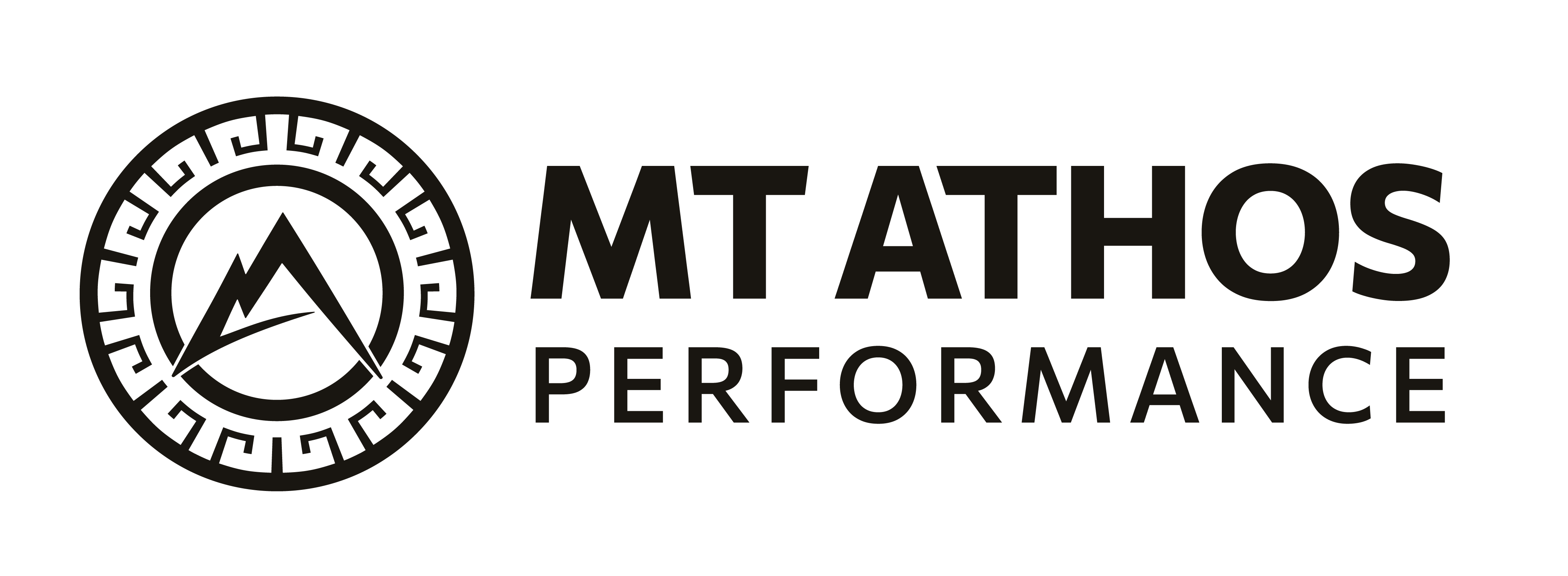Whether you’re on the journey to build mass or trim down, the universal rules of weight management come down to three vital elements: calories, macros, and timing. At Mt. Athos Performance, we’re dedicated to helping you Ascend to Excellence by providing both top-notch products and tips to build a lifestyle of wellness. Let’s delve into how you can conquer your weight goals by better understanding these key nutritional aspects.
🍔 Calories: The Foundation of Weight Management
– Gaining Weight:
To build muscle, you need a caloric surplus. This means you should be consuming more calories than your body uses. Note that “more calories” doesn’t mean any and all calories are created equal. The biggest difficulty with “bulking” is consuming calories that actually boost muscle growth. It’s easy to eat a lot of chips and cookies that aren’t filling and taste amazing, but it can sometimes be a chore to eat 40 grams of protein with every meal. Often a proper bulk will take as much effort and discipline as a calorie-cutting diet.
– Losing Weight:
For weight loss, a caloric deficit is necessary. You have to burn more calories than you take in. But it isn’t as simple as eating “less” and doing “more” cardio. While both dieting and cardio are the key tools utilized for weight loss, there must first be a measurable baseline.
Before starting any weight loss program, take a week to track everything you eat and calculate your BMR and approximately how many calories you burn in a day (Here is a BMR Calculator that also includes approximate daily calorie burn based on activity level). Based on this information you can determine how many calories you want to burn in a week. A pound of fat contains about 3,500 calories. This means that to lose 1lb. of fat in a week you need to cut your calories through diet or exercise by 500 calories a day. If it’s 2lbs. a week you want to lose, then you’d need to cut 1,000 calories a day.
Start with a clean diet. Do this for 1 or 2 weeks while tracking calories via a food scale and nutrition panels, then start incorporating daily cardio. Steady State Cardio is the best method. Decrease calories and increase cardio time a little bit every week until you start to see your weight trending downwards. Losing 1-1.5lbs. a week is an optimal goal that will allow for maintaining as much muscle and energy as possible.
🔥 Macronutrients: Protein, Carbs, and Fats
– Protein:
A critical component for muscle growth and repair, protein should make up the largest section of the Macronutrient Pie. For those looking to build or maintain muscle, it is recommended that you eat .8-1 gram of protein per pound of body weight. For a 160 lb. individual, this would mean eating between 130-160 grams of protein a day. Strategically include protein in each meal to hit your daily target.
– Carbs:
Carbs fuel your workouts and are essential for muscle recovery. Clean carbohydrates should be your primary energy supplier throughout the day. Time your carb-rich meals 2 to 4 hours before workouts for optimal performance and post-exercise recovery.
– Fats:
Essential but often misunderstood. Fats play a key role in hormone production, including those involved in muscle-building. Be discerning with both the type and quantity of fats, given their high caloric content.
⏰ Timing: When You Eat Matters
– Gaining Weight:
Frequent meals help you meet your higher caloric requirements. The post-workout window is prime time for a protein and carb-rich meal to maximize muscle growth.
– Losing Weight:
Consistent, balanced meals throughout the day can kickstart your metabolism. Prioritize protein and fiber, especially in the morning, to stay full and satisfied.
Ready to embark on your journey to optimal weight management? With a well-structured approach to calories, macronutrients, and timing, you’re more than equipped to conquer your fitness milestones and elevate your Ascent to Excellence
By: Jovany Parriott (CPT, CNC)



Share:
HOW TO BUILD MUSCLE NATURALLY
MAKE YOUR MORNINGS MAKE YOUR DAY